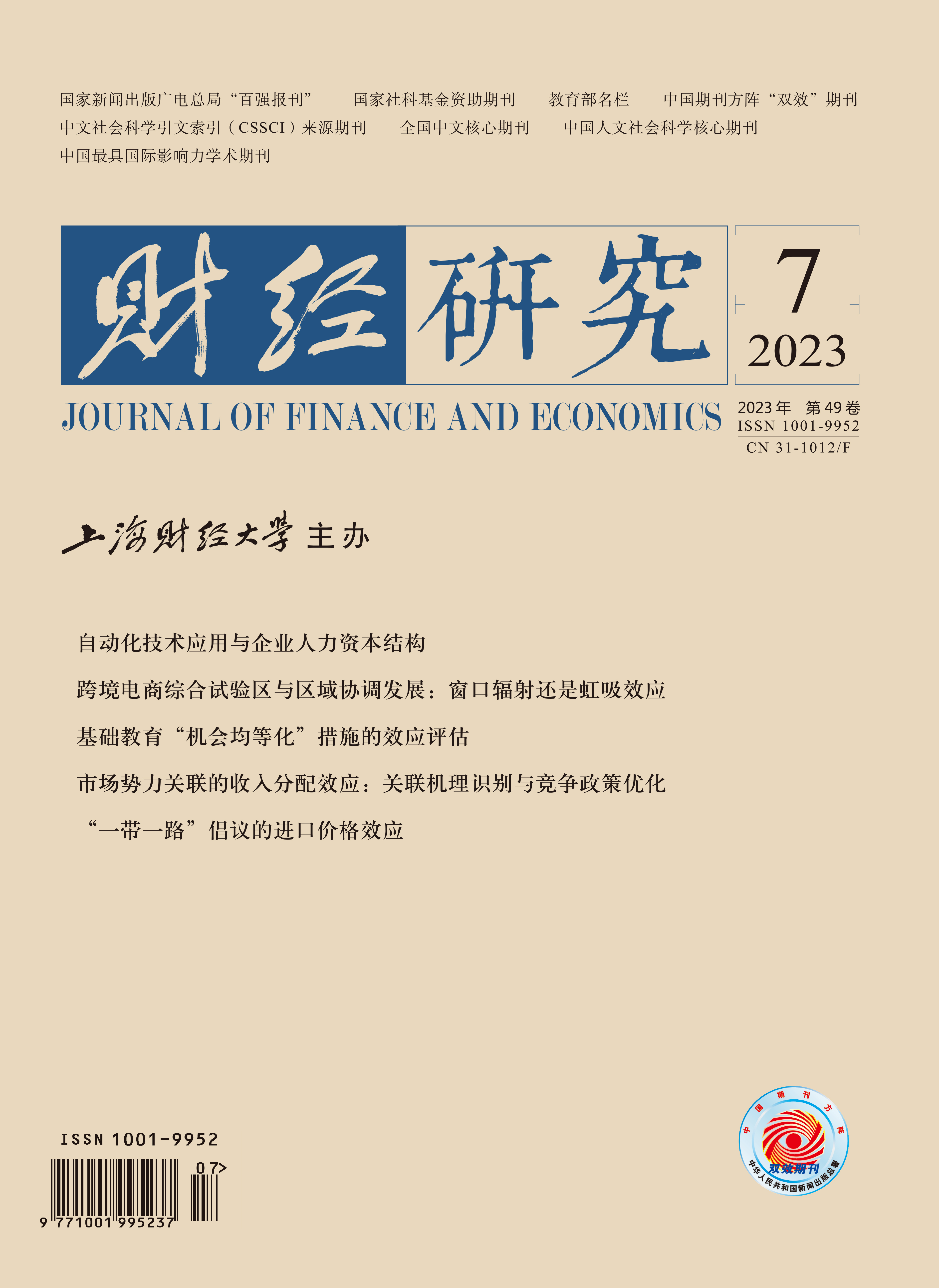Maintaining a reasonable and stable import price is of great significance for a country’s industrialization development and social welfare, and plays an important role in promoting the healthy and sustainable development of economic globalization. The high import price reduces the opportunity for developing countries to access high-tech and machinery equipment, being neglected in the global benefit distribution, and ultimately affecting economic growth. This paper attempts to clarify whether the “Belt and Road” initiative can reduce the import price and its internal mechanism, and whether there is a heterogeneous price effect.
This paper finds that the “Belt and Road” initiative, focusing on connectivity, can expand the trade network and strengthen the depth of transactions, providing countries with external value of transactions, thus helping to reduce their import prices and promoting the realization of fair trade gains. The “Belt and Road” initiative plays a positive role in reducing import prices through competition and demand effects. The main driving force derives from the intensive margin, and the price decline is more obvious in capital- and technology-intensive industries and monopoly industries, and has a more significant impact on developing countries.
The innovations of this paper are that: First, it brings bargaining power and transaction intensity into a unified framework for the first time. Based on the practical characteristics of the “Belt and Road” initiative, it provides a theoretical and empirical basis for understanding the connotation of the “Belt and Road” initiative and how to promote countries to participate in the international trade cycle, which is an expansion of the perspective and content of import prices. Second, by adding the setting of incomplete contracts, the possible monopoly characteristics in international exchanges are introduced into the analytical framework, the exogenous value and transaction depth of international trade network are discussed, and the internal mechanism of the “Belt and Road” initiative to promote the decline of the import prices of countries along the route is distinguished and measured from the mechanism. And the causal effect of the “Belt and Road” initiative on the decline of the import prices of participating countries is more rigorously identified by using the DID method. Third, import trade is of great significance to a country’s introduction of technology and capital and prosperity of the domestic market. It is particularly necessary to investigate whether the “Belt and Road” initiative will help to reduce the import prices of countries along the route. This paper objectively evaluates the practical policy effect of the “Belt and Road” initiative on promoting the rational and balanced development of global economic governance system, and provides support for the follow-up research.





 6264
6264  5245
5245

